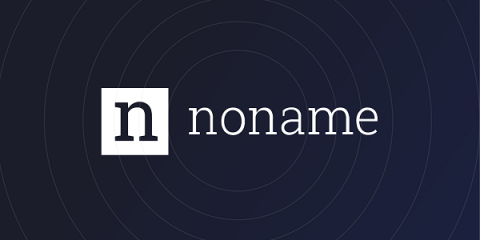Security | Threat Detection | Cyberattacks | DevSecOps | Compliance
November 2023
2023 API Security Trends for Energy and Utilities
As environmental consciousness increases across the globe, the pressure on energy and utilities companies continue to intensify. The global community now understands that how we create and access energy affects geopolitical dynamics, food sourcing, climate change and other concerns that will literally dictate the course of human history. To meet these challenges, the energy and utilities sector is now embracing digital transformation.
APIs - The Hidden Cause of Data Breaches
2023 API Security Trends for Government and Public Sector
It’s no secret that government agencies have a tendency to work in silos. If you aren’t familiar with the phrase, it basically means they work in isolation from one another. And if that posed issues before 2020, the COVID-19 pandemic definitely laid bare the need for greater collaboration between public sector organizations – the type of collaboration made possible by application programming interfaces (APIs).





